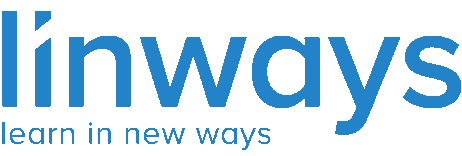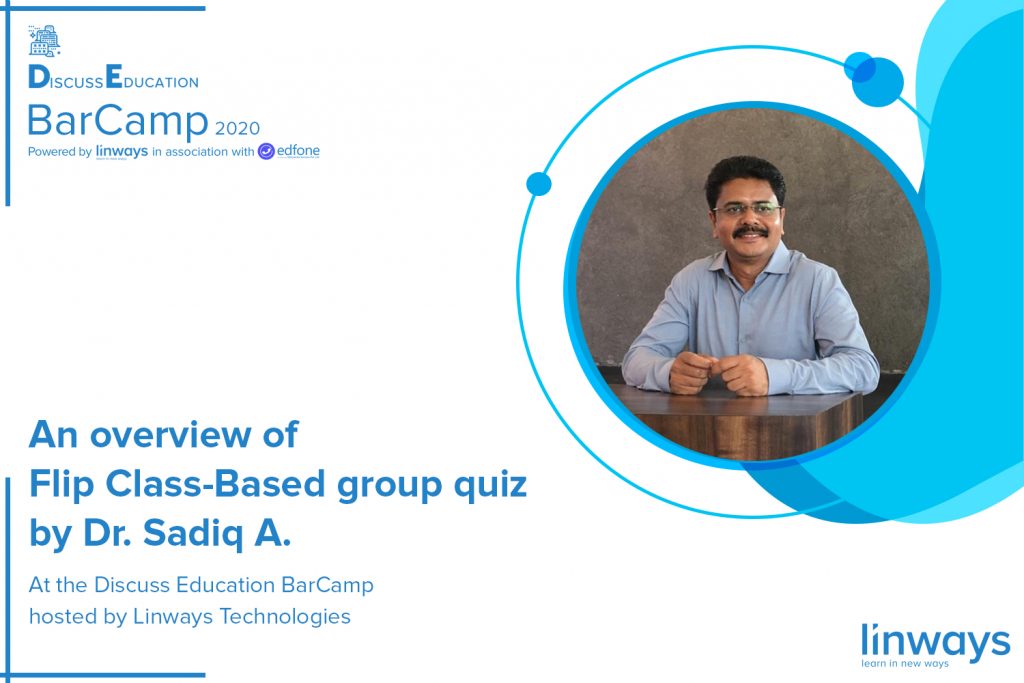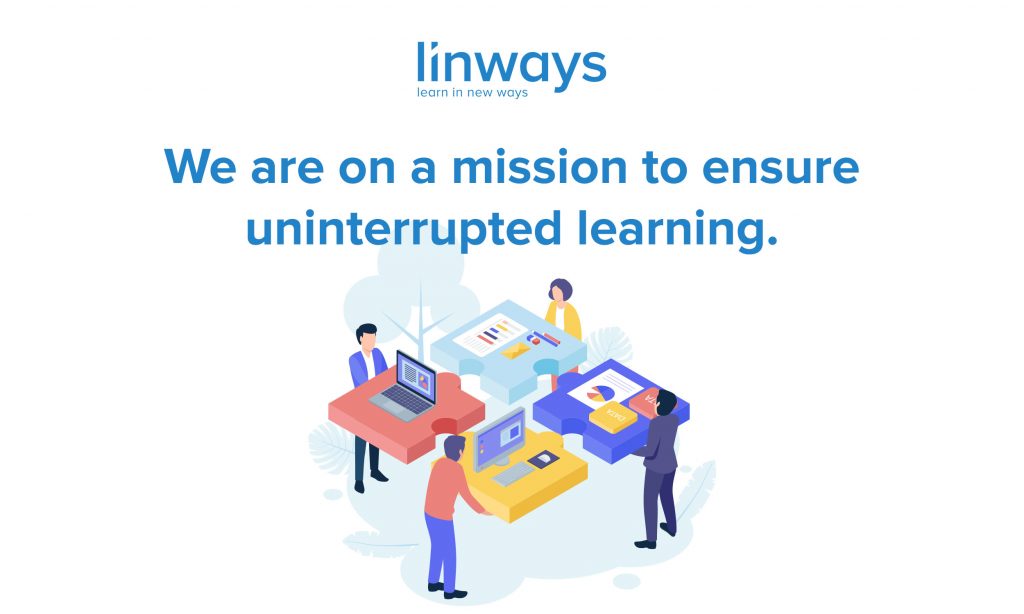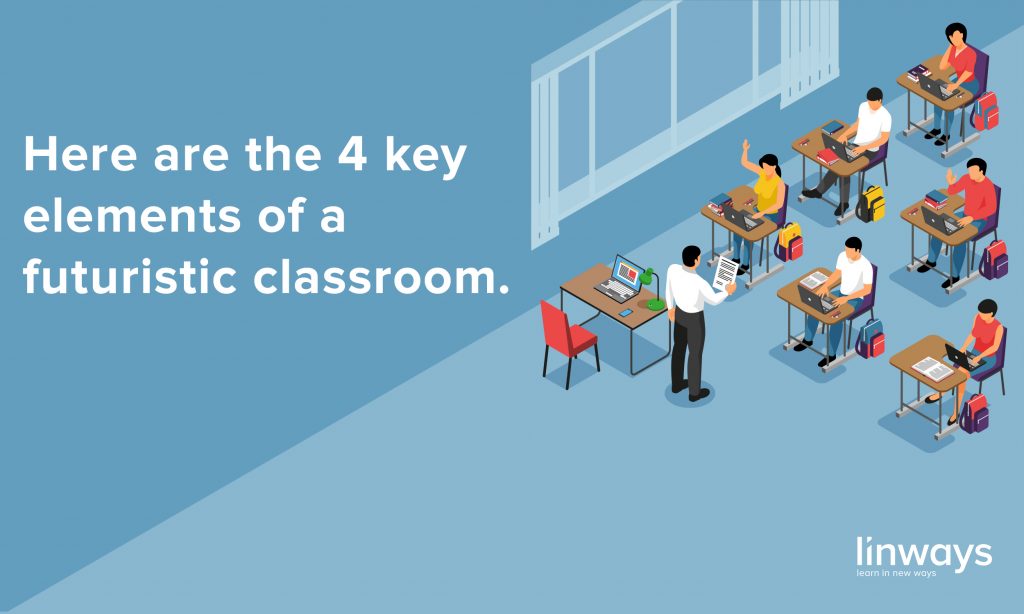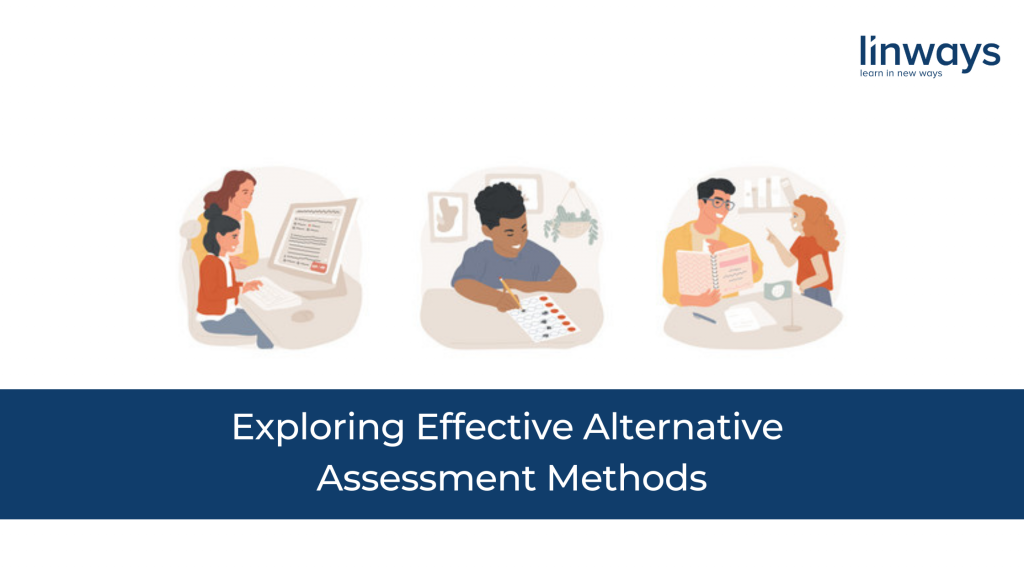
In the ever-evolving landscape of higher education, the traditional reliance on exams as the primary mode of assessment is being reevaluated. The limitations of this approach are becoming increasingly apparent, prompting educators and institutions to seek alternative evaluation methods that better align with the diverse needs and skill sets of modern learners. In this article, we will delve into the world of alternative assessment methods tailored for higher education. We’ll explore their benefits and shed light on how they can foster a more comprehensive and authentic learning experience.
The Drawbacks of Conventional Exams
Conventional exams have been a steadfast fixture in education for centuries, offering a snapshot of a student’s performance on a given day. However, their shortcomings are becoming more evident in today’s educational landscape. These exams often prioritize memorization and regurgitation over deep comprehension and critical thinking. This approach fails to address essential skills such as problem-solving, creativity, communication, and collaboration—skills vital for success in our interconnected world.
Furthermore, the stress and anxiety associated with exams can detract from the overall learning experience. Students may resort to last-minute cramming, resulting in superficial understanding and retention of the material. Additionally, external factors or nervousness can adversely affect a student’s performance, inaccurately reflecting their true capabilities.
Exploring Effective Alternative Assessment Methods
Project-Based Assessments: Embracing project-based assessments empowers students to apply their knowledge to real-world scenarios. Whether through research papers, case studies, presentations, or creative works, these projects promote critical thinking, research skills, and the ability to synthesize information. This method allows students to explore their passions while developing a deeper understanding of the subject matter.
Portfolios: Portfolios serve as curated collections of a student’s work over time, showcasing growth, progression, and a diverse skill set. By encompassing essays, creative pieces, lab reports, and reflective journals, portfolios provide a holistic view of a student’s development, highlighting both final outcomes and the learning process.
Peer and Self-Assessment: Integrating peer and self-assessment encourages active engagement in evaluating one’s own work and that of peers. This approach cultivates a sense of ownership over learning and enhances understanding of assessment criteria. It also hones communication skills and the ability to provide constructive feedback.
Collaborative Assessments: Group projects and collaborative assessments underscore the importance of teamwork in the professional sphere. Students learn effective collaboration, task delegation, and conflict management while contributing their expertise to a shared objective.
Real-World Simulations: Simulations replicate real-life scenarios, requiring students to apply their skills and knowledge to solve complex problems. This bridge between theory and practice equips students with the tools needed to tackle challenges in their future careers.
Benefits of Alternative Assessment Methods
Comprehensive Evaluation: Alternative assessment methods offer a well-rounded assessment of a student’s capabilities, encompassing cognitive and non-cognitive skills.
Stress Reduction: Departing from high-stakes exams alleviates anxiety, fostering a positive learning environment.
Skill Enhancement: Alternative methods prioritize skills relevant to real-world contexts, preparing students for successful careers.
Personalization: These methods enable students to pursue their passions and tailor assessments to their individual strengths.
Critical Thinking: By emphasizing application and analysis, alternative assessments nurture deeper understanding and critical thinking skills.
As the landscape of education continues to evolve, assessment methods must evolve in tandem. While traditional exams retain their value, they should not monopolize assessment approaches. Alternative assessment methods offer a more comprehensive, authentic, and student-centered approach, nurturing a generation of learners equipped with the skills essential for excelling in an increasingly intricate world. Embracing the diversity of available assessment tools enables higher education to reshape itself, meeting the needs of both students and society more effectively.
For educators looking to seamlessly integrate and manage alternative assessment methods in their educational institutions, the Linways Assessment module provides a powerful solution. It empowers educators to design, track, and evaluate diverse assessment strategies, fostering a dynamic and engaging learning environment. With Linways, you can take the first step towards a more student-centric and effective approach to assessment in higher education.
Also published on Medium.
